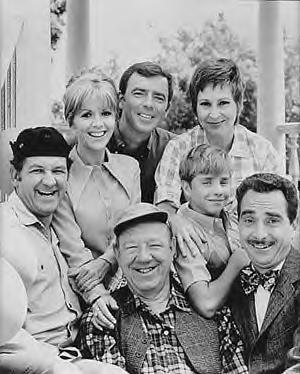by Patricia Rose, Director of Career Services
A new semester, a new year, a new job market. Are you ready for 2012?
I have been getting reporters’ questions, from the DP to The New York Times, on what fall recruiting will look like. Here is my take: it may be a bumpy ride, but because you are at Penn, you are well-positioned to succeed. But you must be ready; hold on tight.
Most employers don’t like uncertainty, and we are living in uncertain times. Will our recovery continue at its painfully slow pace, or will we fall back into recession? Will consumer confidence falter, making consumers reluctant to resume spending? Will our federal government manage to solve our debt crisis? Will President Obama be re-elected? Will the current Congress? Having sat in this seat a long time, I have found that the spring before a presidential election, employers are more likely to sit on their hands and wait and see what November will bring. Will 2012 be any different?
As you face the fall hiring season, or the later internship recruiting cycle, it’s important that you not give in to gloom and doom. The fact is, employers are coming to recruit. Next week, about 140 employers will attend CareerLink over two days, September 13 and 14. The following day, September 15, almost 90 will attend Engineering Career Day. Additional career days will follow in the months ahead. On-Campus Recruiting will begin on September 27, and we are all booked up until early November. Another burst of activity will be in February, marked by the start of internship recruiting on February 1, and the huge Spring Career Fair on February 17, where a broad range of employers will be recruiting both interns and 2012 graduates. Many employers don’t visit campus, but post their open positions throughout the year on PennLink.
Employers always need entry-level staff. The question is, how many will they need? We already know that the federal government, as well as state and local governments, besieged by budget cuts, will not be doing a lot of hiring. Some of our traditional employers, such as the largest investment banks, are doing more and more of their full-time hiring from their intern classes. Those who would like to interview for bank jobs may see more opportunities at boutiques and regional firms, or on the buy side (for example, at investment management firms) than on the sell side.
If hiring is flat (a good thing for us at Penn, since last year was a very good year) or down a little, the best advice I have is to be ready (our workshops have already started, and employer information sessions begin today), be prepared, be flexible, and be smart: use Career Services. We really can help you put your best foot forward, regardless of your ultimate goal. We’re here – come and see us. Good luck. And don’t let this volatility scare you: opportunities are out there.










